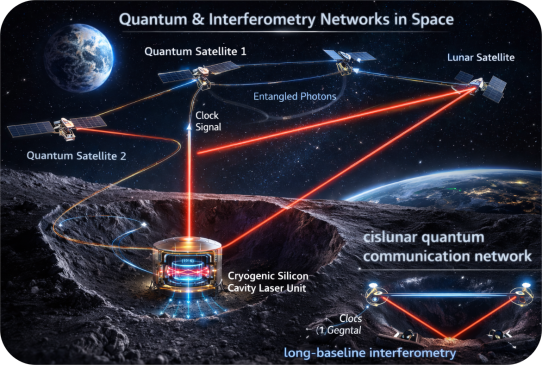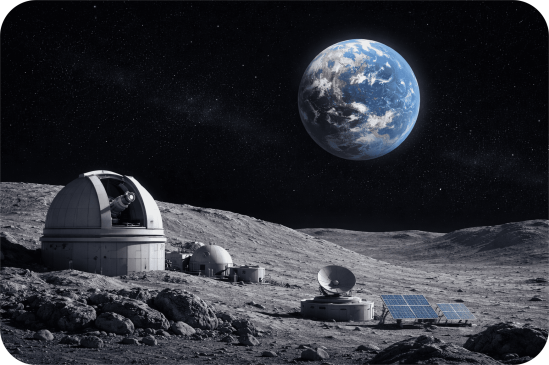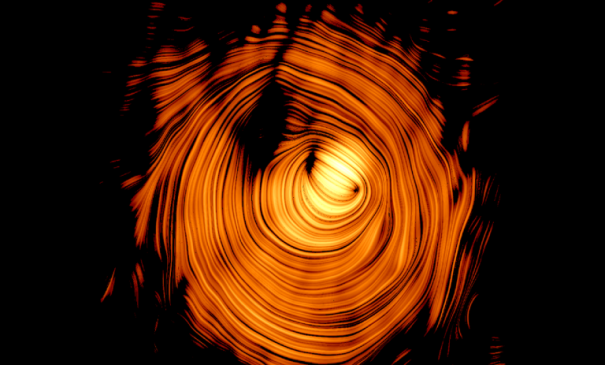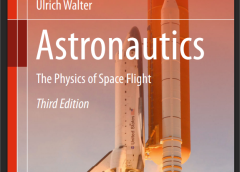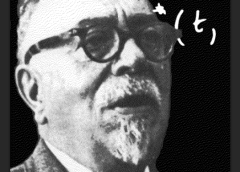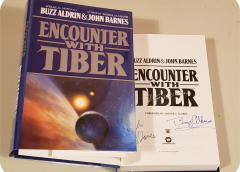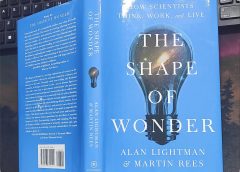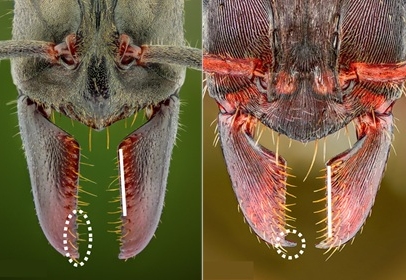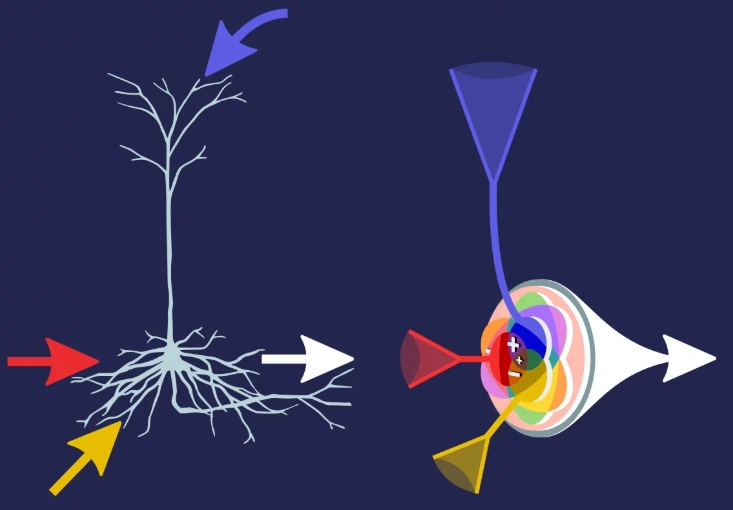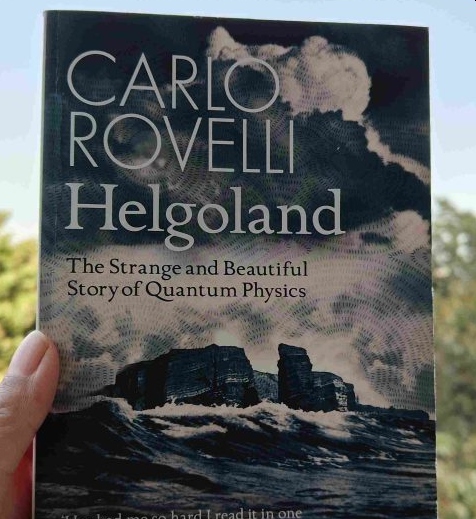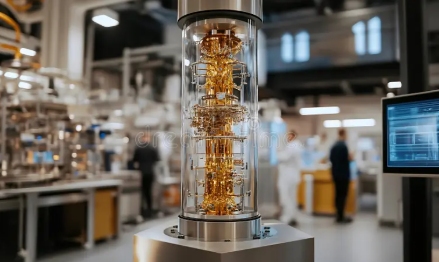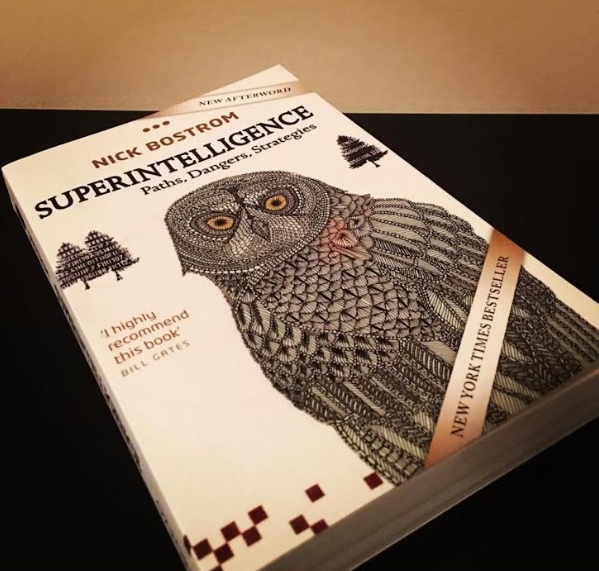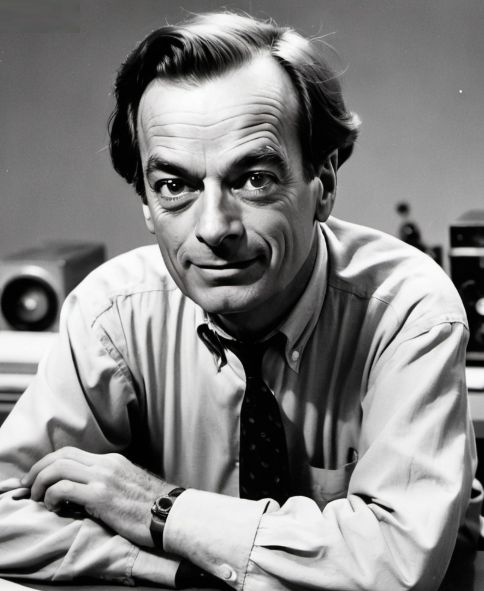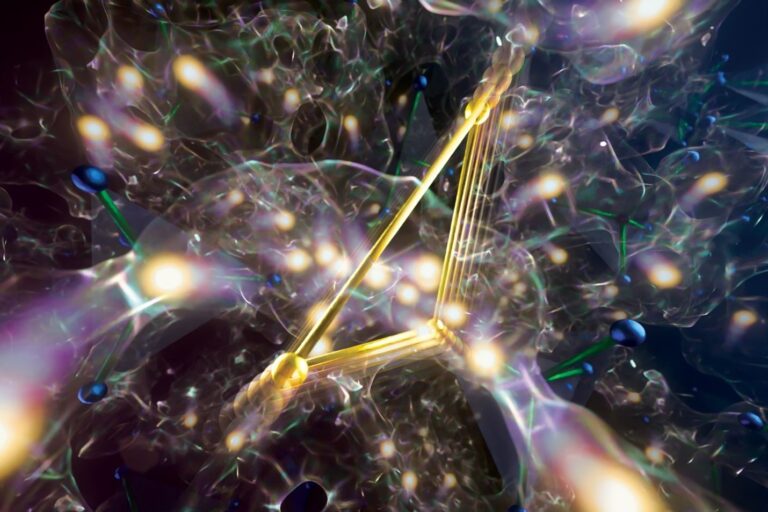James Gleick, one of my favorite science writers, wrote this famous quote in his book Chaos: Making a New Science: “IN THE MIND’S EYE, a fractal is a way of seeing infinity”.’ Doesn’t it also reflect how LLMs work? How? Just like fractals, these models take patterns, layer them and build something infinitely complex from simple rules. It’s like staring into a never-ending web of words, where meaning keeps unfolding the deeper we go.
Read MoreAntGrip: Enhancing Gripper Performance with Ant-Inspired Hairs
Whenever I find myself really fascinated by biomimicry, I often discover new things inspired by it. This time, it’s a robotic hand that takes ideas from how ants work. Imagine you’re picking up a slippery soda can with a simple two-finger robot gripper. No suction cups, no fancy sensors, just friction. Sounds tricky, right? That’s exactly the kind of challenge researchers tackled by taking inspiration from “ants”.
Read MoreInfomorphic Neurons: Self-Learning AI Inspired by Biology
Imagine if artificial neurons could learn like the ones in our brains, adapting, making decisions on their own, and figuring things out without needing a central command. That’s exactly what scientists are working on with a new kind of artificial neuron called infomorphic neurons. Unlike traditional artificial neural networks, these neurons don’t need an external system to guide their learning. Instead, they learn in a self-organized way, just like biological neurons do.
Read MoreCracking the Mystery of Strange Metals with Quantum Entanglement
Quantum criticality in metals is an exciting area of study where physics explores mysterious concepts. A new study in Nature Communications looks at a unique way to understand entanglement at a specific point called the Kondo destruction quantum critical point (QCP). Instead of using standard methods, the researchers focus on concepts like mutual information and quantum Fisher information (QFI) to explore how quantum connections change as they get closer to this transition.
Read MoreBook Review: Helgoland by Carlo Rovelli
As travel was on the cards, I decided to pick up a book that’s rich with storytelling, conversational and intriguing, without being a 500-page commitment. Helgoland (170 pages) felt like the perfect choice. I had started it two weeks ago but never found the time to finish it. It was first published in 2020. There’s something about reading while traveling that makes the experience even better. It’s like hanging out with a favorite author…and the best part? They never judge you for rereading the same sentence five times. (lol)
Read MoreULVAC and IBM Quantum Team Up to Revolutionize Quantum Computing Cooling
Quantum computing is one of the most promising technological frontiers, but it comes with a major challenge, which is, maintaining the extreme cold temperatures that is required for qubits to function. Today’s quantum computers rely on dilution refrigerators, complex and highly specialized cooling systems that keep qubits operating near absolute zero. However, these systems are expensive, tough to maintain and don’t scale easily.
Read MoreBook Review: Superintelligence by Nick Bostrom
While I was researching into the existential risk from artificial intelligence, I found “Superintelligence: Paths, Dangers, Strategies” by Nick Bostrom, who is a philosopher and researcher in AI. The book came out in 2014. Since it focuses on the potential dangers of artificial intelligence, I decided to grab it and start reading right away. More or less I enjoyed going through it as it explores the challenges presented by the prospect of AI exceeding human cognitive abilities, (though, to be honest, if chatbots get any smarter, I might have to…
Read MoreQNodeOS: Making Quantum Network Development Accessible to All
For decades, quantum networks have always been looked as a research curiosity than a practical technology. I personally imagined it to be a field of entangled particles, stretching across galaxy and the quantum connections in the field space enables telepathic communication, this is how I concluded, quantum entanglement happens.
Read MoreHow Your Brain Filters Information: The Science of Excitation and Inhibition
Neurons in our brain are constantly taking in and distributing information, be it sound, sight or touch, everything is getting processed in the real time. But how exactly does this work? Recent research sheds light on how groups of neurons work together to encode and process information. The study has surfaced some interesting insights about the balance between excitation and inhibition in the brain.
Read MoreFrom Spice to Silicon: The AI and Biotech Dilemma
I am a huge science fiction nerd and I see this genre as a window, a blueprint for the future. Since, it often imagines advanced tech, societal change, socio-economic possibilities, medicine, space exploration, even philosophy and ethics, before they become reality.
Read MoreBook Review: The City and Its Uncertain Walls by Haruki Murakami
In this book, Haruki Murakami takes his readers to a journey where they may experience a thin line between forgotten memories and existential musings. The City and Its Uncertain Walls was first released in April 2023 but it was all set for English reading audience in November 2024. The book is built on a short story written by the author himself in 1980s.
Read MorePlenty of Room at the Bottom: Thinking Small, Dreaming Big
This document is a written version of a speech given by Richard P. Feynman in 1959, huge shout out to Michigan State University for putting this over internet. Feynman talked about the exciting potential of working with tiny things. He believed that there is a lot we can discover in this area, even though it isn’t directly about basic physics. He was sure that looking into this area could help us grasp difficult subjects more easily and could have many useful applications. Below are some of the ideas covered by…
Read MoreUnravelling Superionic Materials: A Breakthrough for Next-Gen Rechargeable Batteries
Researchers at Duke University have discovered the intricate molecular details of a material that might just be the key to next-generation rechargeable batteries. It’s called the superionic material. The compound displays both solid and liquid properties. How? It retains its solid structure, however, the ions within it move as freely as they would in a liquid.
Read MoreThe AI Agent Technology Stack: Unpacking the Layers
AI agents are assisting people in making smarter choices, these tools are also helping in making tasks easier and enabling more personalized experiences across various domains. Their integration with external tools and APIs allows for real-time data analysis and automation of complex workflows. All this is possible because of a structured tech stack that integrates various layers, working in sync. The technology stack is like an entire football team, where goalkeepers, defenders, midfielders and strikers are the various layers, each with a unique function.
Read MoreIs the AI Moat Gone? DeepSeek’s Low-Cost Model Challenges Tech Giants’ Dominance
Disruption is the new normal! – This happens to be the current motif of the AI landscape. DeepSeek has posed some serious challenges to the conventional approach to AI model development. It has proved, at least looking at the current scenario, that there is no need for massive capital expenditures on training the LLMs. In fact, the advancement of AI isn’t just about the amount of data you put in, but how well you can prompt it! This reminds of a talk when asked where an Indian startup with limited…
Read More
